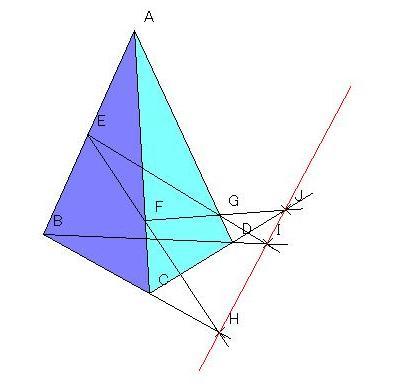結果
| 問題 | No.990 N×Mマス計算(Kの倍数) |
| コンテスト | |
| ユーザー |
 convexineq convexineq
|
| 提出日時 | 2020-02-14 22:08:19 |
| 言語 | Python3 (3.14.3 + numpy 2.4.2 + scipy 1.17.0) |
| 結果 |
AC
|
| 実行時間 | 282 ms / 2,000 ms |
| コード長 | 1,606 bytes |
| 記録 | |
| コンパイル時間 | 361 ms |
| コンパイル使用メモリ | 12,800 KB |
| 実行使用メモリ | 42,828 KB |
| 最終ジャッジ日時 | 2024-11-16 00:46:02 |
| 合計ジャッジ時間 | 3,394 ms |
|
ジャッジサーバーID (参考情報) |
judge3 / judge4 |
(要ログイン)
| ファイルパターン | 結果 |
|---|---|
| sample | AC * 2 |
| other | AC * 19 |
ソースコード
# coding: utf-8
# Your code here!
def prime_factorize(N): #素因数分解
exponent = 0
while N%2 == 0:
exponent += 1
N //= 2
if exponent: factorization = [[2,exponent]]
else: factorization = []
i=1
while i*i <=N:
i += 2
if N%i: continue
exponent = 0
while N%i == 0:
exponent += 1
N //= i
factorization.append([i,exponent])
if N!= 1: factorization.append([N,1])
assert N != 0, "zero"
return factorization
import sys
readline = sys.stdin.readline
read = sys.stdin.read
n,m,k = [int(i) for i in readline().split()]
x = read().split()
op = x[0]
b = list(map(lambda x: int(x)%k, x[1:m+1]))
a = list(map(lambda x: int(x)%k, x[m+1:]))
#a.sort()
b.sort()
if op == "+":
from collections import Counter
C = Counter(b)
ans = 0
for ai in a:
if ai == 0:
ans += C[0]
else:
ans += C[k-ai]
print(ans)
else:
if k == 1:
print(n*m)
exit()
fac = prime_factorize(k)
plist = [f[0] for f in fac]
div = [1]
for p,e in fac:
div = [i*p**j for j in range(e+1) for i in div]
#print(fac)
#print(div)
from math import gcd
memo = {i:0 for i in div}
for bi in b:
memo[gcd(bi,k)] += 1
#print(memo)
# zeta
for p in plist:
for x in div[::-1]:
if x%p == 0:
memo[x//p] += memo[x]
#print(memo)
ans = 0
for ai in a:
ai = gcd(ai,k)
ans += memo[k//ai]
print(ans)
